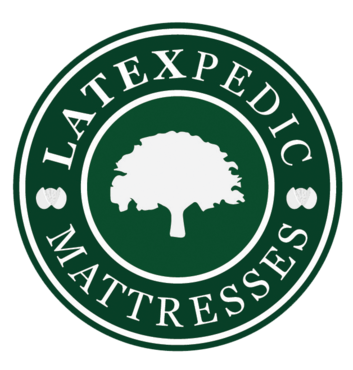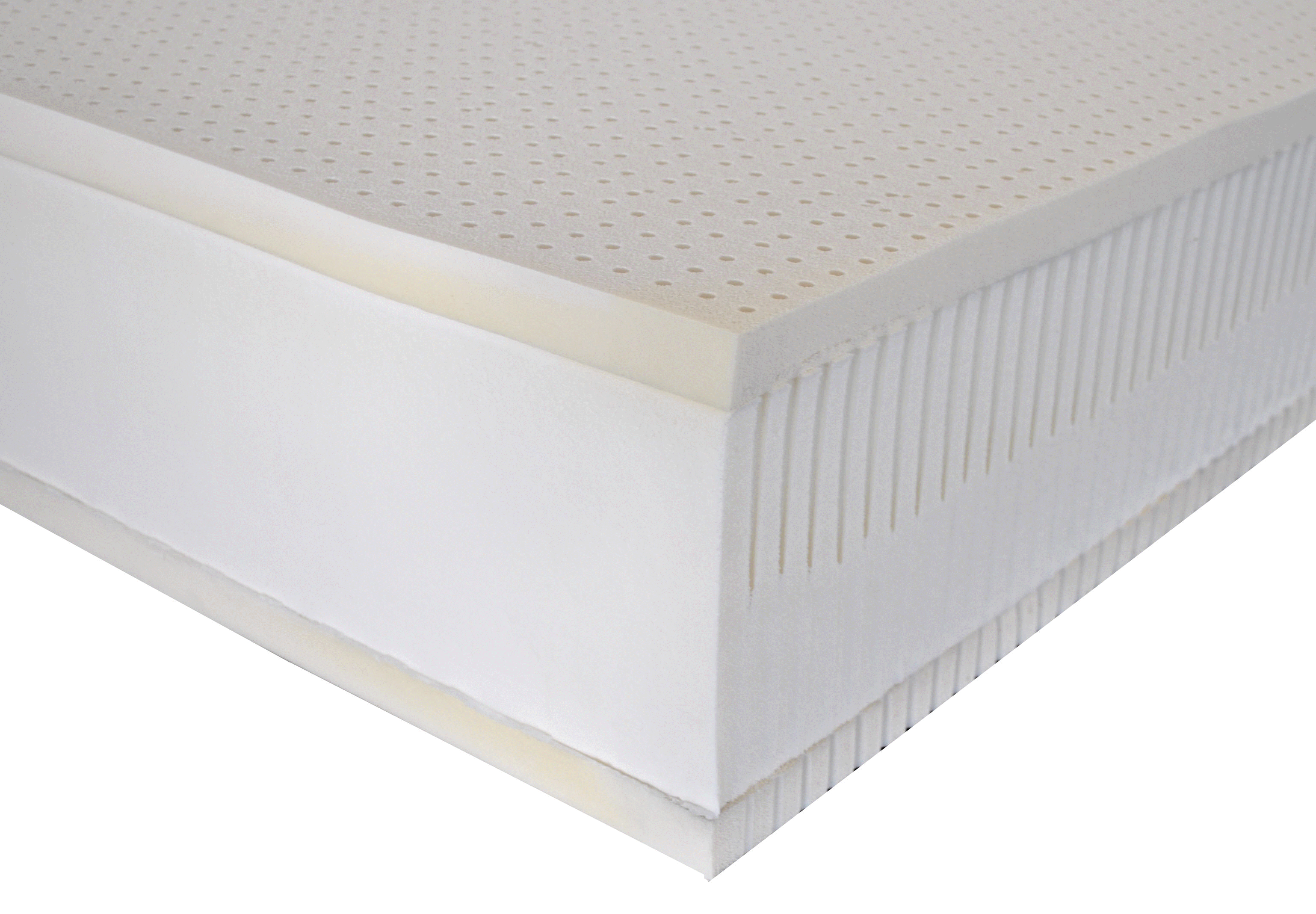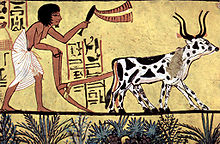






 CERTIFIED
ORGANIC MATTRESSES
CERTIFIED
ORGANIC MATTRESSES
WHAT IS AN ORGANIC MATTRESS?
\In recent decades, most mattresses have been made either with metal springs sandwiched between layers of polyurethane foam, or with just foam. In showrooms, salespeople typically focus on firmness, talking about the number of springs or the density of the foam. What they rarely bring up -- but what has become increasingly common knowledge among consumers -- is that polyurethane foam is made from petroleum, and that it can emit volatile organic compounds (V.O.C.'s), which have been linked to respiratory irritation and other health problems, according to both the Environmental Protection Agency and the Occupational Safety and Health Administration.
Latexpedic® comes from the Hevea Brasilienis tree, originally native to the Amazon Jungles of Brazil. The first use of rubber was by the Olmecs, who centuries later passed on the knowledge of natural latex from the Hevea tree in 1600 BC to the ancient Mayans, who harvested latex to make rubber balls for the ancient Mesoamerican ballgames. Latex was symbolic of fertility, and was often burned, buried, or (fortunately for archaeology) laid in a sacrificial pool as an offering to various deities. Latex is white and milky in appearance, has an elastic consistency, and is removed from the tree through a process called "rubber tapping" (similarly, Opium is the milky latex obtained from the poppy.) Just two centuries ago, the Havea Brasillienis tree was exclusive to the Amazon Rainforest. It wasn't until the late 1800’s that Heavea Brazilienis tree seeds were brought outside Brazil to help establish commercial rubber plantations in tropical climates around the world. Today, Latex is imported into the USA and foamed into mattress cores using the Talalay Process for Latexpedic®.

HISTORY OF ORGANIC FARMING?
Traditional farming (of many particular kinds in different eras and places) was
the original type of agriculture, and has been practiced for thousands of years.
All traditional farming is now considered to be " organic farming " although at
the time there were no known inorganic methods. For example, forest gardening a
fully organic food production system which dates from prehistoric times, is
thought to be the world's oldest and most resilient agroecosystem. After the
industrial revolution had introduced inorganic methods, some of which were not
well developed and had serious side effects, an organic movement began in the
1940s as a reaction to agriculture's growing reliance on synthetic fertilizers
and pestisides. The history of this modern revival of organic farming dates back
to the first half of the 20th century at a time when there was a growing
reliance on these new synthetic, inorganic methods.






PLEASE CALL (800)733-1818 FOR THE WORLD'S LOWEST PRICES